
HIV Epidemic Control in Central Asia Still Has a Long Way to Go
To achieve HIV epidemic control, countries in Central Asia will need to address fundamental factors that drive HIV transmission and impede the engagement of people living with HIV and key populations in effective prevention and treatment programmes.
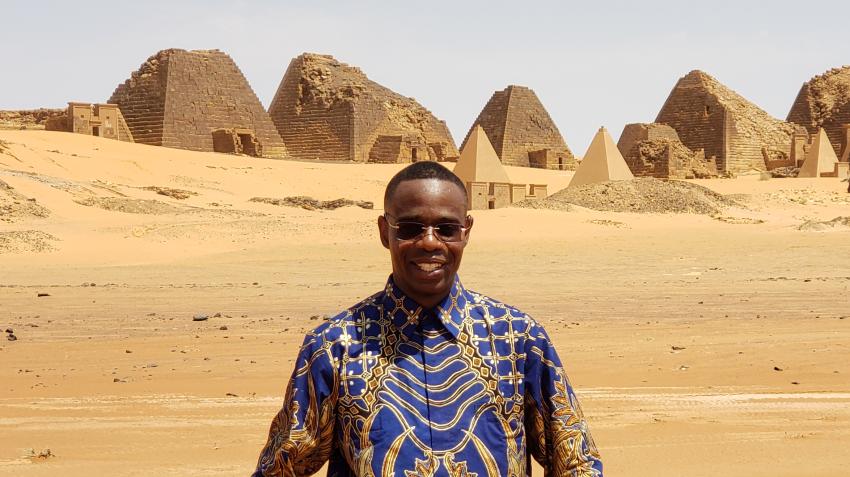
A Staff Member’s Reflections on Peacekeeping Deployment
Many prospective staff members envision serving at some point in their career in regions beset by the effects of war, injustice, poor governance and poverty, with the hope of easing the plight of the people most in need on the ground.
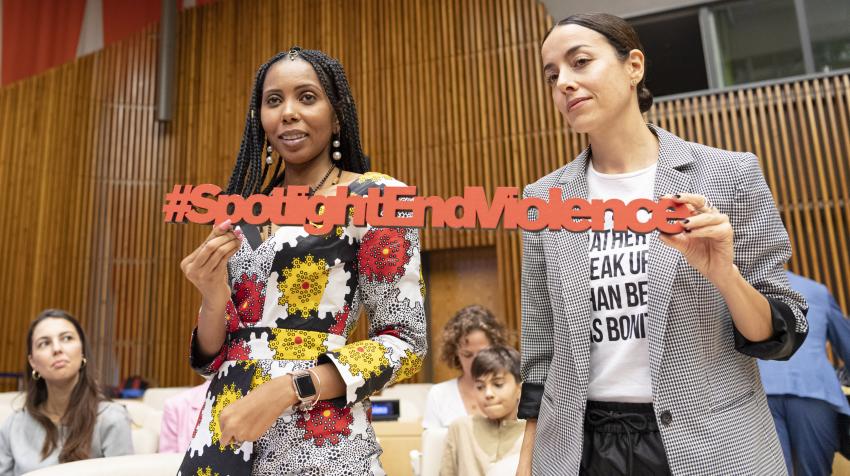
Ending Violence against Women and Girls: Progress and Remaining Challenges
Women’s rights movements, and the implementation and evolution of the international women's human rights framework, resulted in an increased understanding that violence against women is gender-based, a form of discrimination and a violation of human rights.
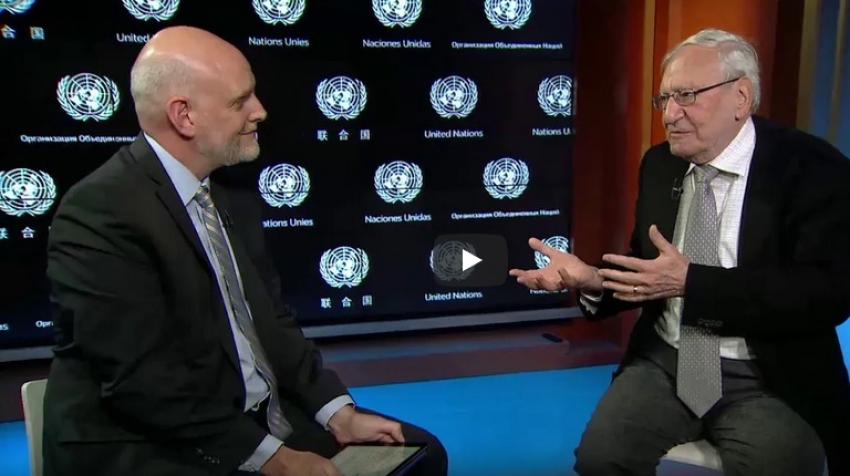
Chronicle Conversation: Jean-Claude Guédon, 18 November 2019
The UN Chronicle discusses the future of scholarly communication and the 2030 Agenda with Jean-Claude Guédon, Professor of Comparative Literature (retired), University of Montréal, a leading proponent of open science.
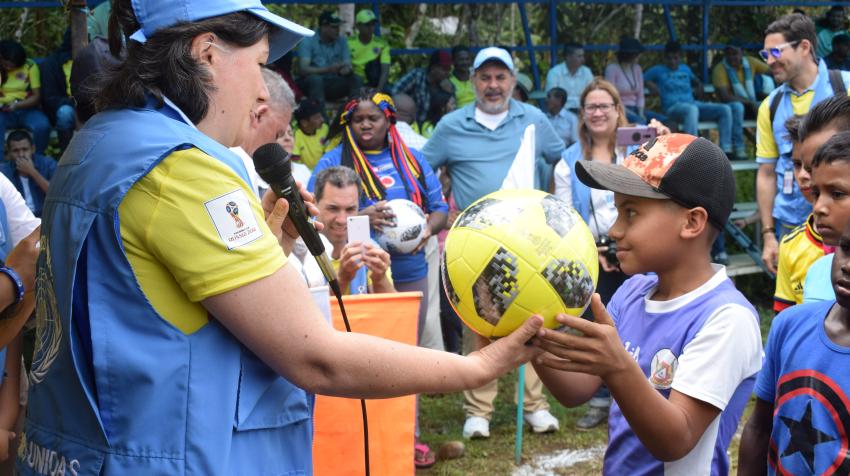
Is Kindness the Secret to Achieving the Sustainable Development Goals?
A call to action for global youth to increase and celebrate their acts of kindness is a powerful counterstroke to the daily dose of negative news and information we receive through our media platforms.

Chronicle Conversation with Vasily Alekseyevich Nebenzya, Permanent Representative of the Russian Federation to the United Nations, 29 October 2019
Vasily Alekseyevich Nebenzya, Permanent Representative of the Russian Federation to the United Nations, talks with Lyubov Ginzburg of the UN Chronicle about the legacy of Russian politician, diplomat and scholar Yevgeny Maksimovich Primakov, whose collected works were donated to the Dag Hammarskjöld Library.
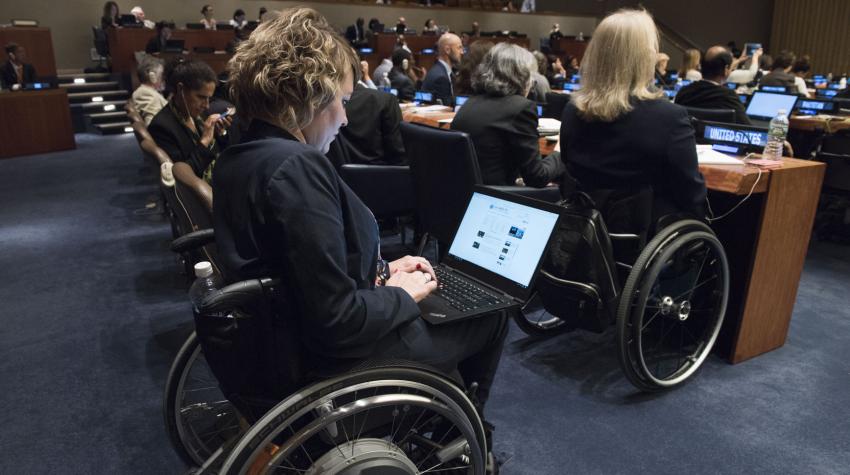
Leaving No One Behind: A Chronicle Conversation with Gopinathan Achamkulangare, 30 October 2019
Persons with disabilities should have a representative voice, chosen by persons with disabilities themselves, in every platform that has an impact on their interests, for they are best positioned to identify their own needs and the most suitable policies for meeting those needs.
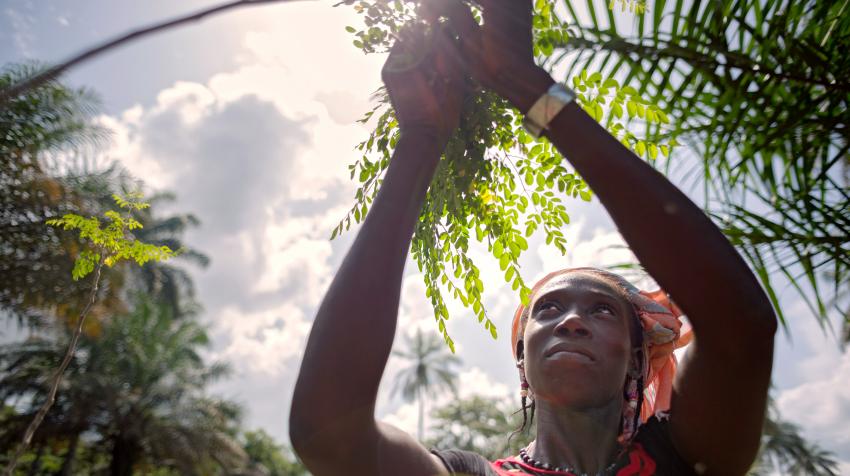
Rural Women’s Economic Empowerment and the Road to 2030: Agency for Climate Action
In spite of the observable economic restraints, rural women continue to be instrumental in adapting to and mitigating the negative impacts of climate change.
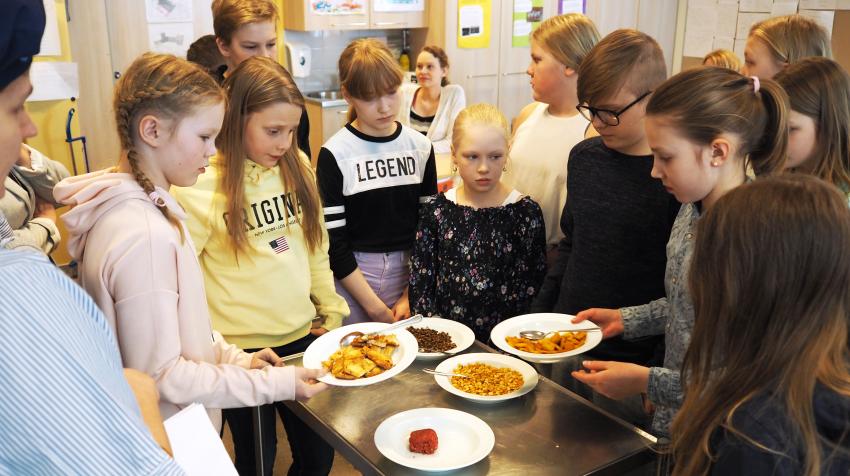
Sustainable Diets Enhance Progress on All Sustainable Development Goals
The sustainable food system transformation requires an understanding of global food security issues, as well as innovations for contextual solutions that are creative enough to link the various SDGs together.
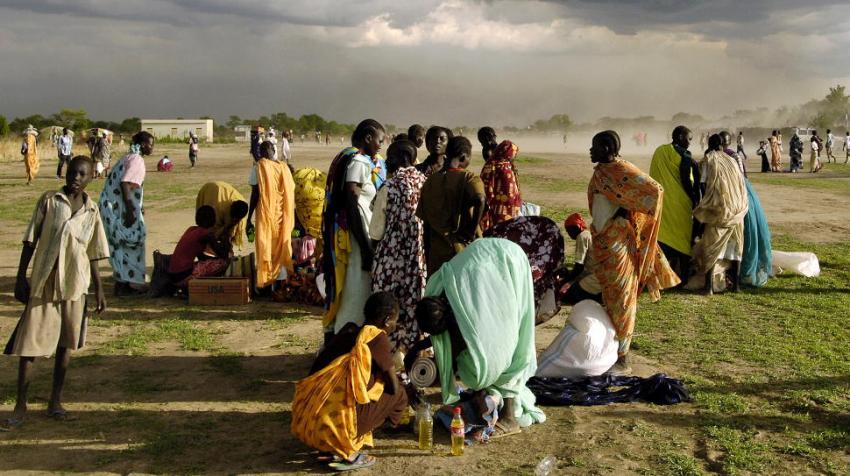
The Path to Peace Starts with Food
A toxic mix of conflict, regional instability and the impact of climate change is halting the progress we have been making towards ending hunger around the world. Unless we commit ourselves to a better path, millions more will be hungry and the places they call home will become even more dangerous.

Moving from Climate Talk to Climate Action
For small island developing States (SIDS), climate change is not an abstract concept, but a force already affecting individual lives, coastal communities, ecosystems and economies.

You Can’t Be What You Can’t See
Essentially, when women are equally represented in politics, they have a clear and measurable impact on health, economy, security, safety and equality, which leads to more inclusive, sustainable and democratic policies that benefit everyone.
